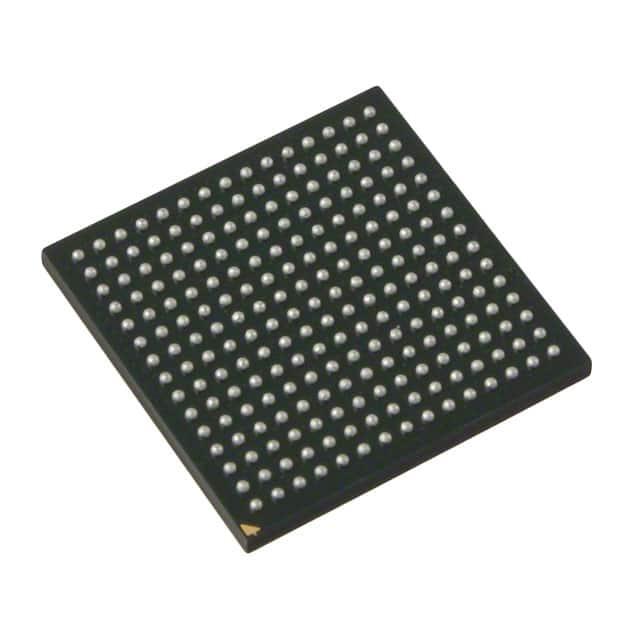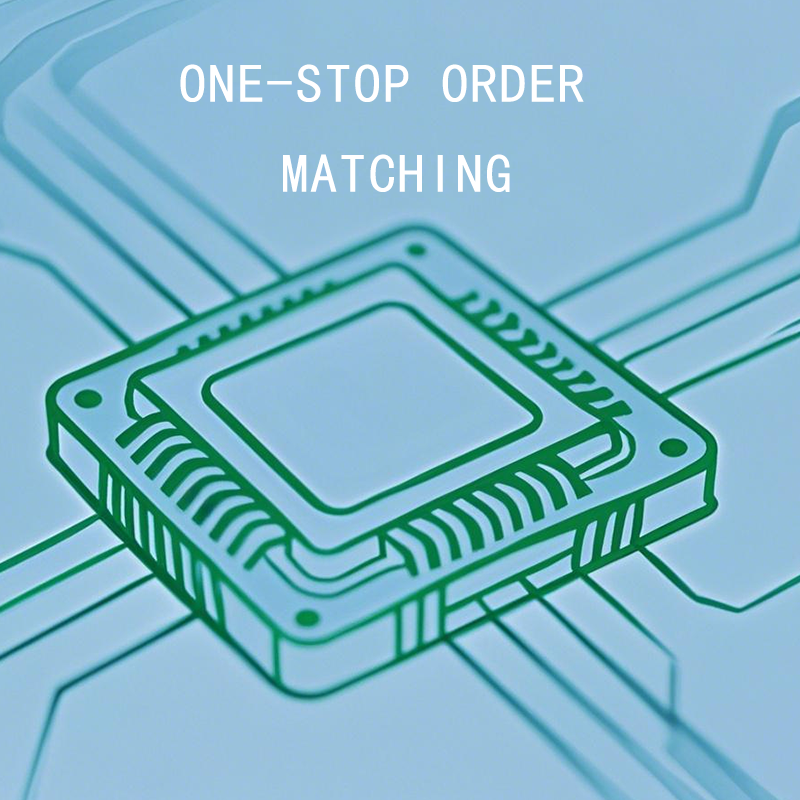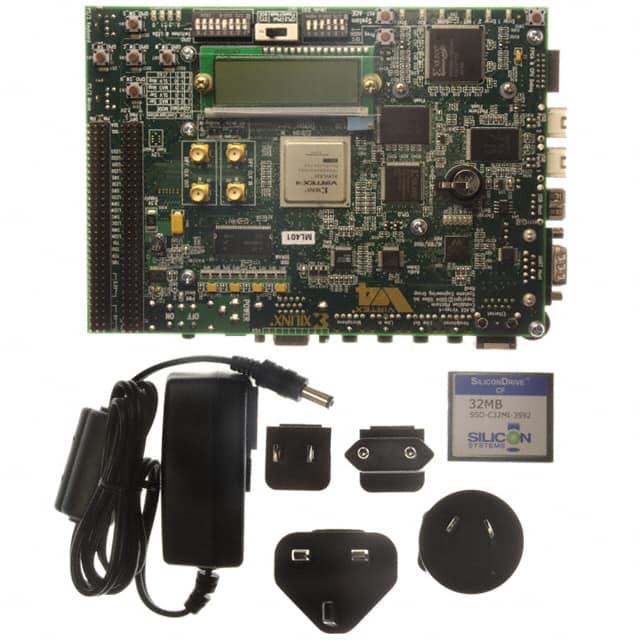| Specification of XC7S6-2CSGA225C | |
|---|---|
| Status | Active |
| Series | Spartan?-7 |
| Package | Tray |
| Supplier | AMD |
| Digi-Key Programmable | Not Verified |
| Number of LABs/CLBs | – |
| Number of Logic Elements/Cells | 6000 |
| Total RAM Bits | 184320 |
| Number of I/O | 100 |
| Number of Gates | – |
| Voltage – Supply | 0.95V ~ 1.05V |
| Mounting Type | Surface Mount |
| Operating Temperature | 0C ~ 85C (TJ) |
| Package / Case | 225-LFBGA, CSPBGA |
| Supplier Device Package | 225-CSPBGA (13×13) |
Applications
The XC7S6-2CSGA225C is ideal for high-performance computing environments due to its robust processing capabilities. It excels in applications such as data centers, where it can handle large-scale data processing tasks efficiently. Additionally, it is suitable for automotive systems requiring reliable performance under varying conditions, with an operating temperature range from -40¡ãC to +85¡ãC.
Key Advantages
1. High clock speed up to 200 MHz, enabling faster processing times.
2. Advanced memory interface supporting DDR3 SDRAM, enhancing data transfer rates.
3. Low power consumption, reducing operational costs significantly.
4. Compliance with multiple industry certifications ensuring reliability and safety.
Frequently Asked Questions
Q1: Can the XC7S6-2CSGA225C be used in extreme temperatures?
A1: Yes, it operates within a wide temperature range from -40¡ãC to +85¡ãC, making it suitable for various environmental conditions.
Q2: Is there any specific software required for optimal performance?
A2: The XC7S6-2CSGA225C supports standard software development tools like Vivado Design Suite, which allows for efficient design and optimization processes.
Q3: In which industries does this chip find application?
A3: This chip finds applications in data centers, automotive electronics, and industrial automation sectors, where high performance and reliability are crucial.
Other people’s search terms
– High-speed processing solutions
– Automotive-grade microprocessors
– Industrial-grade processors
– Efficient memory interfaces
– Low-power microcontrollers




